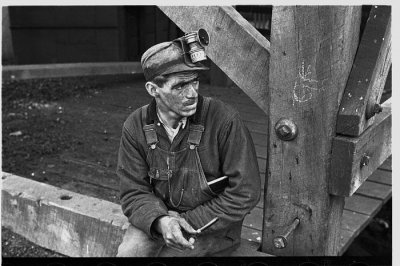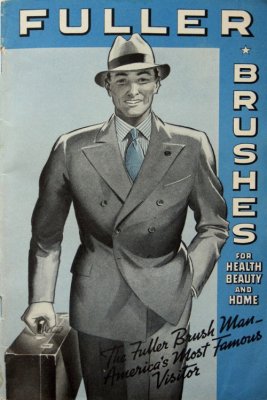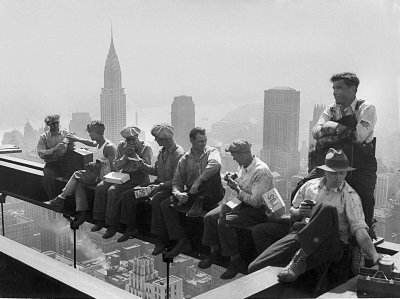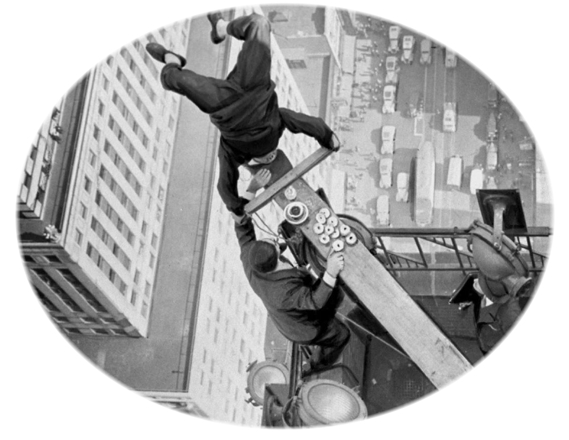Well, for what it's worth, they apparently didn't do a very good job of getting them into the hands of the troops (meaning me!). But I did see plenty of PS preventive maintenance magazines when I was in the army. They were wonderfully illustrated and the first ones were done by Will Eisner. Of course, by the time I was overseas, practically everyone could speak English, although to this day, there are Americans with accents I can barely understand, including my own mother-in-law from Lynchburg, Virginia.
On one of the old Abbott and Costello radio shows, one that had the who's on first routine, at one point Costello asks Abbott: "And another thing, Abbott, what page are you on."
On one of the old Abbott and Costello radio shows, one that had the who's on first routine, at one point Costello asks Abbott: "And another thing, Abbott, what page are you on."






